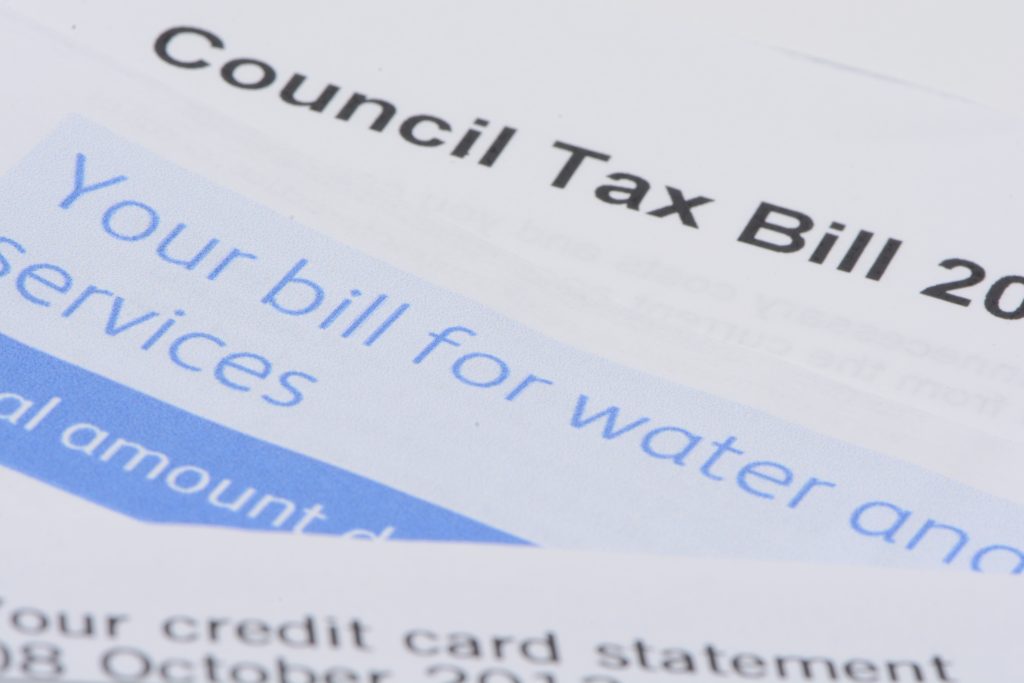Tens of thousands more Londoners could face £2,000 annual council tax bills for the first time from April in the latest cost of living blow.
Housing and Communities Secretary Michael Gove is expected to announce a 6.5 per cent increase in funding for local authorities in England on Monday amid growing fears about the number facing effective bankruptcy.
The Government has also told most town halls they can increase bills by a maximum of 5 per cent in the spring without a referendum after warning that services were stretched to capacity.
Average bills in eight boroughs are currently over £2,000. Residents in Kingston, Croydon, Harrow, Richmond, Havering, Waltham Forest, Sutton and Bexley currently face the highest statements in the capital.
A 5 per cent rise would force at least four more boroughs – Haringey, Redbridge, Enfield and Lewisham – to impose payments of over £2,000 on average Band D households for the first time.
Band D homes in Brent, Camden and Barking and Dagenham could also hit the £2k milestone for the first time if Mayor Sadiq Khan increases his share of the council tax next year by a similar percentage (9.7) to this year.
In April this year Mr Khan added £38.55 to bills, bringing the City Hall levy, used to help fund TfL, the Metropolitan Police and London Fire Brigade, to an average of £434.
Trust for London has argued the current council tax system in the capital is unfair and “highly regressive in relation to property values”, putting an “unduly large burden in terms of income” on poorer Londoners.
Average bills in Westminster, London’s richest borough, are the lowest in England and half what they are in Barking and Dagenham, the capital’s poorest borough.
In London, Croydon has declared bankruptcy three times and last year the borough was given Government permission to increase council tax by a record 15 per cent in a bid to help it balance the books.
Havering has warned it could be bankrupt within six months, while Enfield has £1.12bn of debt, the 10th highest of England’s local authorities, but insists there is “no evidence” it could go bust in the near future.
Mr Gove said the Government’s new funding package would be worth more £64bn to local authorities.
